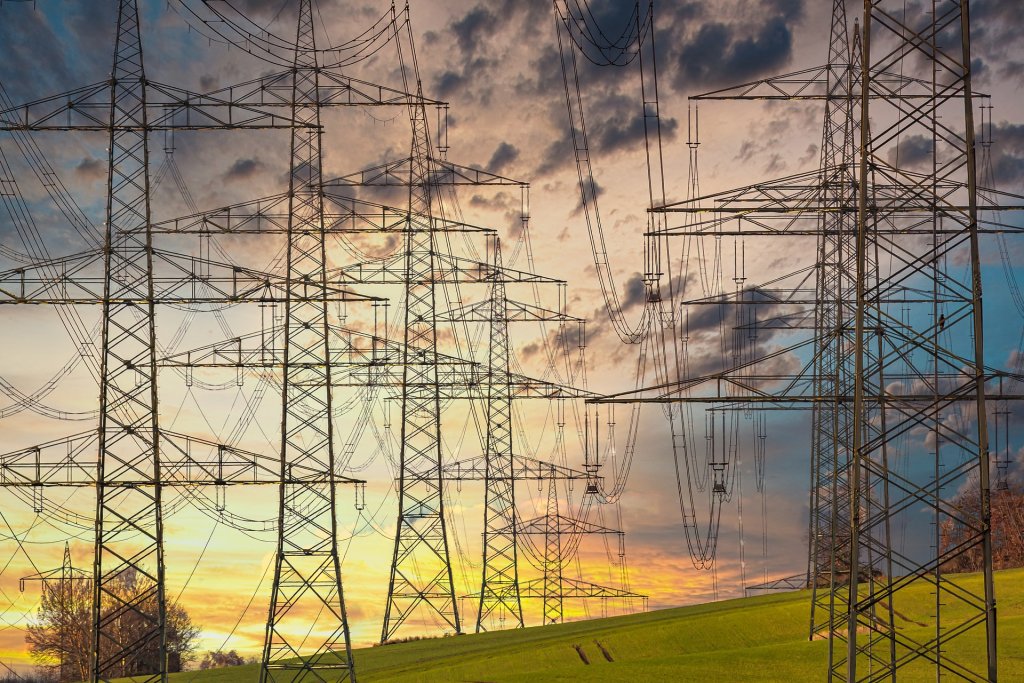
Only a year ago, Russia was perceived by its many neighbors as both a superior military power and a peerless energy power, the former ensured by massive investments in modernizing the armed forces, and the latter – by huge export of every energy source, from coal to nuclear plants. Presently, however, those perceptions are undergoing serious corrections. The Russian army failed to deliver a decisive defeat to the technically inferior but highly motivated Ukrainian forces, experienced several humiliating setbacks, and is stuck in frozen trenches suffering from dreadfully poor logistics. While this unstable stalemated continues, Russian energy positions are steadily undermined and the instruments that Moscow used to wield with skill and confidence – like the cuts in oil and gas supply to Europe – are backfiring.
Winter has arrived to Europe, but against President Vladimir Putin’s expectations, there are no signs of eroding political unity, and Germany has recently pledged additional 50 million euro in winter support for Ukraine. Storages for natural gas are full as never before, and the mild weather in November made it possible to start using these reserves later than usual, so the threat of freezing eagerly amplified by Russian propaganda is effectively minimized. Prices on gas for households and industry keep fluctuating, and the debates on enforcing a price cap has proven to be more divisive than the EU bureaucracy can manage, but there is hardly any consolation for Moscow in this discord. Gazprom has lost its reputation of reliable supplier and most of its share on the lucrative European market, and has to resort to significant production cuts.
There is no way for Russia to redirect the gas flow from the European market anywhere else, and the proposition for organizing in Turkey a gas hub, which Putin advanced in October and discussed again in the phone conversation with President Recep Tayyip Erdogan on December 11, may appear interesting, but the implementation is certain to take more time than Gazprom has at its disposal in the current crisis. Similarly, the plan for establishing a trilateral “gas alliance” with Kazakhstan and Uzbekistan, which Putin surprised President Kassym-Jomart Tokayev with in late November, is a rather far-fetched idea with dubious rationale. Russia may be interested in increasing gas export to Iran, and Uzbekistan is currently experiencing energy shortages, but it is not keen at all to explore this proposition, Turkmenistan is hardly going to join any such alliance.
The dynamics on the oil market is even less positive for Russia, as the EU has moved forward with the decision to stop all import of Russian oil delivered by sea and is set to ban import of refined petroleum products from February 5, 2023. Many experts predicted turmoil on oil markets caused by the enforcement of this ban together with the price cap on sea-transported Russian oil set by the US and its coalition partners on the moderate level of $US 60 per barrel. Putin was outraged with this sanction and instructed the government to develop counter-measures that would cancel the cap; the ministers are still working on a meaningful plan, but the market has remained unperturbed, and the price on the Urals blend has slipped to $US 50 per barrel. Russian companies have managed to increase oil shipment to India, but only at a significant discount, and this short-term opportunity cannot compensate for the losses in the traditional European destinations.
The oil market will certainly experience much volatility in the months to come as the predictions of shifts in demand from China are swinging widely. What matters for Russia, however, is that its energy policy decision-making makes diminishing impact on this oscillating supply-demand balance. Moscow hoped to reinforce this impact by closer cooperation with Saudi Arabia in the OPEC+ format, and the controversial agreement in October to cut down oil production quotas appeared to answer those hopes. The disappointment came in December, when the cartel opted not to make further cuts, leaving Russia quite unable to deliver on its quota. Saudi Arabia may not like the precedent of enforcing the price cap, but it likes the pattern of expanding military cooperation between Russia and Iran even less.
Beyond these current developments lurks the prospect that Moscow may not be able to translate its energy might into political influence in any foreseeable future. Europe is moving faster than it planned with reducing energy imports from Russia to a minimum, and other customers learn to take advantage of Moscow’s desperate need to sell its oil and gas. Gazprom and Rosneft are compelled to execute production cuts, and shutting down productive assets for the winter means that the wells may never be rehabilitated. Russia possesses unique reserves of gas and considerable – of oil, but turning them into instruments of policy will be quite impossible for any future Russian leader.

Pavel K. Baev, Dr., Peace Research Institute, Oslo (PRIO)
Dr. Pavel K. Baev is a Research Professor at the Peace Research Institute, Oslo (PRIO). He is also Senior Non-Resident Fellow at the Center for the U.S. and Europe at the Brookings Institution (Washington D.C.), Senior Associate Researcher at the Institut Français des Relations Internationales(IFRI, Paris), and Senior Associate Research Fellow at the Italian Institute for International Political Studies (ISPI, Milan). His research interests include the transformation of the Russian military, the energy and security dimensions of the Russian-European relations, Russia’s Arctic policy, Russia-China partnership, post-Soviet conflict management in the Caucasus and the Caspian Basin, and Russia’s Middle East policy, which is supported by the Norwegian Foreign Ministry. He writes a weekly column in Eurasia Daily Monitor.
To cite this work: Pavel K. Baev, Russia’s great energy power profile is curtailed, for good”, Panorama, Online, 16 December 2022, https://www.uikpanorama.com/blog/2022/12/16/pb-2/
Copyright@UIKPanorama. All on-line and print rights reserved. Opinions expressed in works published by the Panorama belongs to the authors alone unless otherwise stated, and do not imply endorsement by the IRCT, Global Academy, or the Editors/Editorial Board of Panorama.


